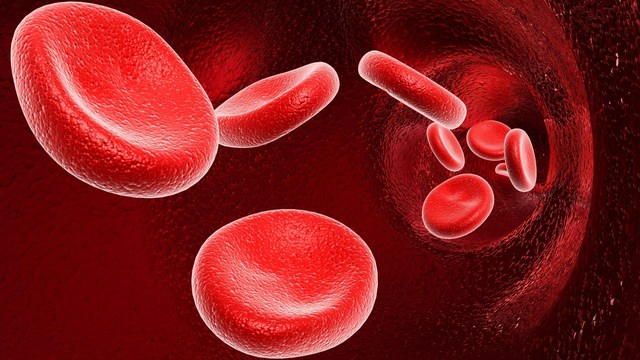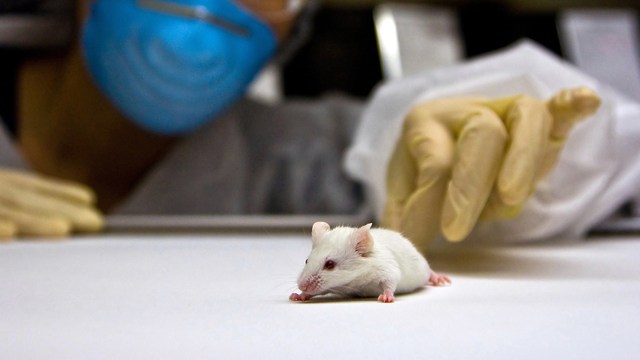Scientists from Cancer Research UK have discovered that when mice are missing two particular genes responsible for "silencing" growth messenger cells, those cells can grow out of control and trigger leukemia. This is a new mechanism not seen before.
In the body there are special messenger cells that tell other cells to grow. This is essential for the health of all beings, but without the two silencer genes telling them to stop they just keep growing and growing without any control.
The messenger cells also control the production of a protein called Notch1, which plays a role in the development of a type of white blood cell. Without the silencers, higher levels of notch1 are produced, causing the cells to grow out of control and leading to leukemia.
Scientists already knew that the speed at which the cells were produced was important. Too fast or too slow and the person would get cancer, but this research has shown that switching off cell growth is vital in preventing cancer.
Dr. Daniel Hodson, lead author of the research paper, said “We have known for some time that switching on Notch1 is an important step in the development of leukemia, but this ‘missing silencer’ is a completely new step through which Notch1 is controlled. We need to now identify whether this aspect of Notch1 control is faulty in human leukemia and in other types of human cancer.”
In other cancers, such as breast cancer, the silencer protein is suppressed so researchers theorize that this mechanism may be triggering other cancers too.
Dr. Lesley Walker at Cancer Research UK, said “Acute lymphoblastic leukemia is the most common form of leukemia in children but it also occurs in adults. It can be difficult to treat because cancer cells spread throughout the body so surgery is not an option. This exciting work, finding how the control of Notch1 levels could lead to leukemia in mice, could provide scientists with important new leads for treatments.”
Sources: Cancer Research UK Press Release, 11th July 2010
Hodson, DJ et al Deletion of the RNA-binding proteins ZFP36L1 and ZFP36L2 leads to perturbed thymic development and T-lymphoblastic leukaemia (2010) Nature Immunology.
Joanna is a freelance health writer for The Mother magazine and Suite 101 with a column on infertility, http://infertility.suite101.com/. She is author of the book, 'Breast Milk: A Natural Immunisation,' and co-author of an educational resource on disabled parenting, in addition to running a charity for people damaged by vaccines or medical mistakes.






Add a CommentComments
There are no comments yet. Be the first one and get the conversation started!